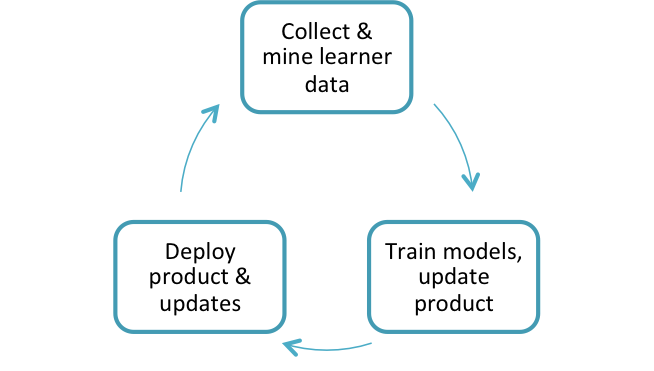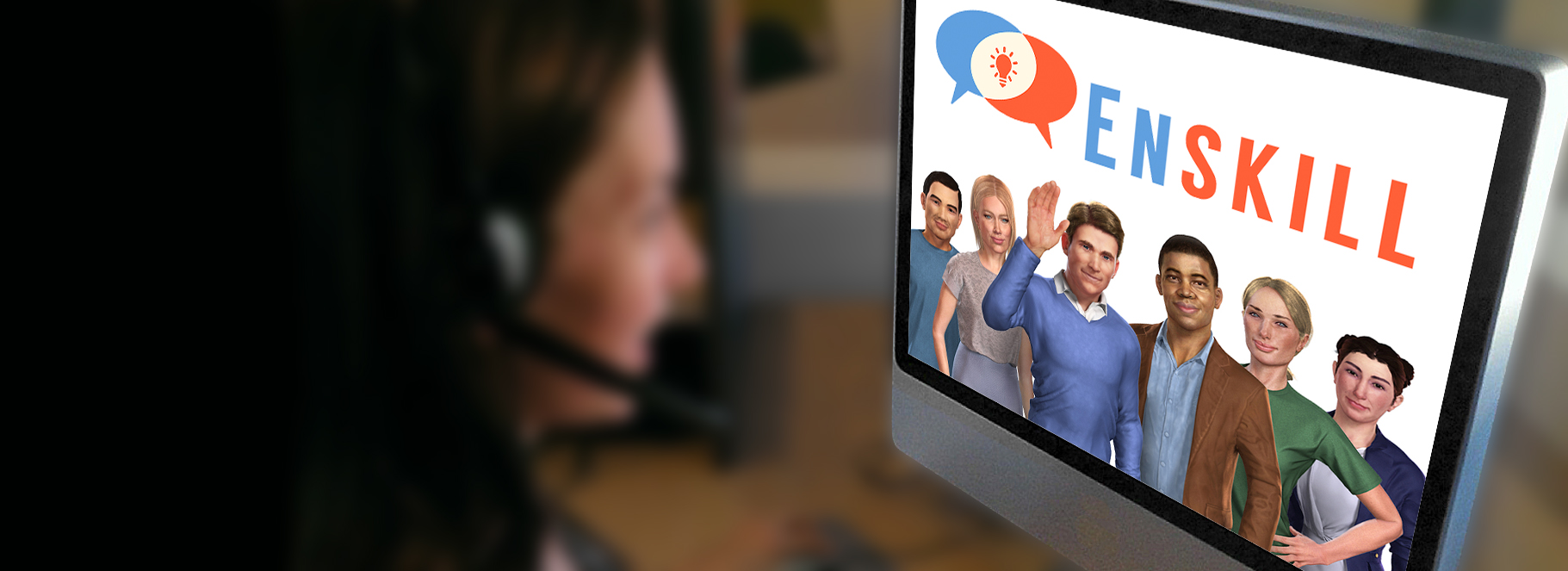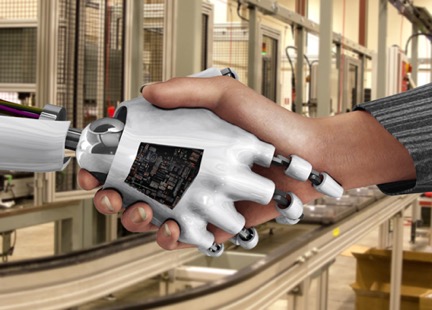For artificial intelligence (AI) to enter the mainstream of education, instructional designers must have design methodologies that enable them to efficiently create AI-driven learning products. The most commonly used instructional design methodology, ADDIE (analyze, design, develop, implement, and evaluate), does not address the needs of AI-driven learning systems, because it adequately define the role of...
Alelo, in collaboration with the Faculty of Technical Sciences of the University of Novi Sad, Serbia, conducted an evaluation of Alelo Enskill® English with students in the University’s English for information technology purposes (EIT) program. This was the first major test of the new version of Alelo’s AI-driven Enskill platform, which utilizes statistical natural language...
Dan Wilson used to be a US Army officer, retiring as a lieutenant colonel in 2013. Back in 2005, when Alelo was just getting started, he was preparing for an assignment in Iraq as a MiTT (Military Training Team) commander in 2006-2007. The mission of MiTT teams was to advise and train Iraqi security and...
The recent paper "Pedagogical Agents: Back to the Future" by Dr. Lewis Johnson of Alelo Inc. and Professor James Lester of North Carolina State University reviews the history and likely future of pedagogical agents, which are autonomous, interactive computer-based characters that engage in rich, face-to-face interactions with learners.
Artificial intelligence (AI) has arrived and is reshaping business. Your company ought to have a strategy for using AI, otherwise it risks being disrupted by companies that do. Yet many business leaders are unsure about what AI can do and how best to take advantage of it.
Education and training is one industry where AI is starting to play important roles. What impact will AI have on education and training in the future? Will teachers be replaced by algorithms? Or is AI going to empower both learners and teachers?










